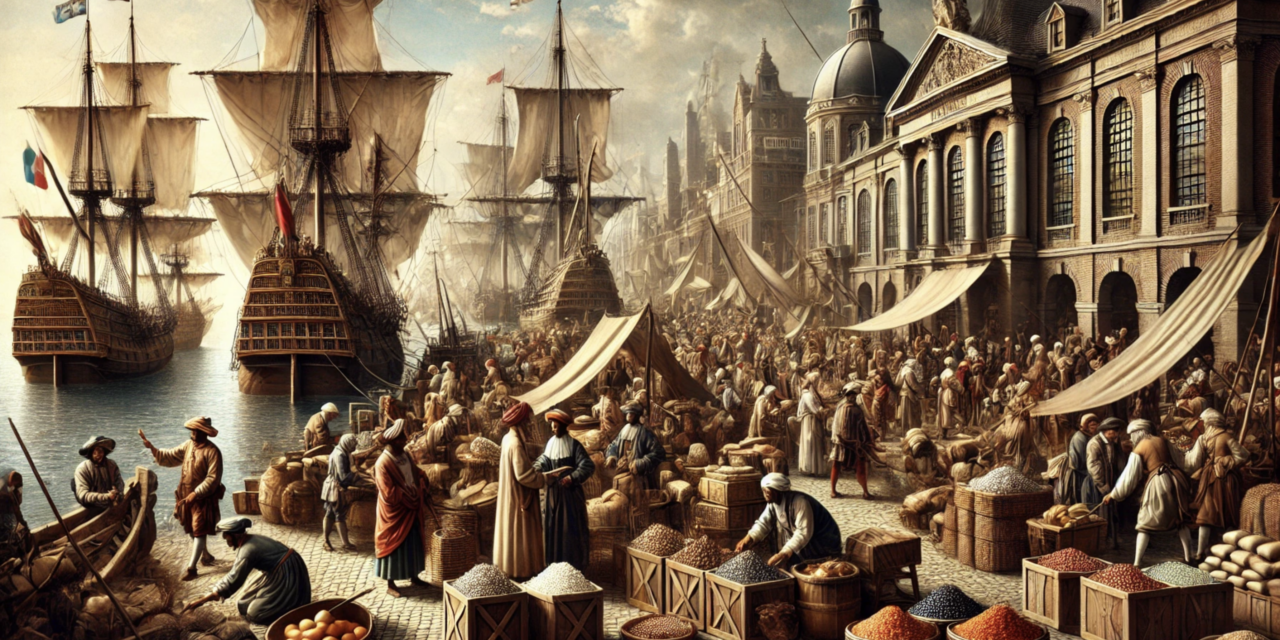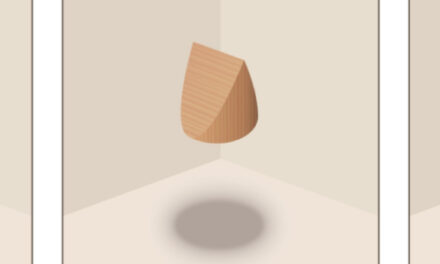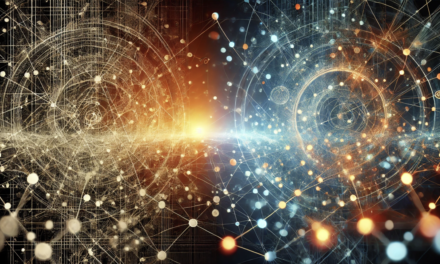Modernity has many parents across multiple global regions, but our u3a studies of the Western Intellectual Legacy suggest it was born through the Atlantic and global maritime trade of the 17th century and came of age with the Enlightenment of the 18th century.
This perspective challenges the idea of a single birthplace or a sudden transformation, instead recognising modernity as an emergent process shaped by economic, intellectual, and technological shifts across interconnected global networks.
- The Economic Birthplace: Global Maritime Trade and Capitalism (17th Century)
By the 17th century, global commerce was driving profound structural changes:
- The rise of joint-stock companies (e.g., the Dutch and English East India Companies)and stock exchanges (Amsterdam, London) enabled the accumulation and mobilisation of capital on an unprecedented scale.
- The transatlantic slave trade, silver extraction in the Americas, and expanding colonial empires tied Africa, Europe, and the Americas into a single economic system.
- This period saw the emergence of modern financial institutions, from banking systems to insurance, laying the groundwork for capitalism.
- The Scientific Revolution (e.g., Newton, Descartes, Bacon) developed new ways of knowing, which later fuelled industrialisation and technological advancements.
- The Intellectual Shift: The Enlightenment (18th Century)
The material and economic conditions of the 17th century found their philosophical and political expression in the Enlightenment:
- Thinkers like Locke, Rousseau, Kant, and Voltaire championed reason, individual rights, and democracy, challenging the authority of monarchy and religion.
- The expansion of print culture and the public sphere (as per Habermas) allowed ideas to spread more widely, shaping public discourse.
- The American and French Revolutions embodied these Enlightenment ideals, cementing new political structures that would shape the modern world.
- A Multiparent, Global Perspective
Modernity was never solely a European phenomenon:
- China, the Ottoman Empire, and Mughal India were deeply engaged in global trade and developed complex bureaucratic, financial, and technological systems.
- Islamic philosophy and science played critical roles in preserving and advancing knowledge that later fed into the European Renaissance and Scientific Revolution.
- Japanese commercial and governance structures had proto-modern features before industrialisation.
- The entire modern economic system was built on colonial extraction and enslaved labour, underscoring that modernity was always global in its making.
Conclusion: Modernity as an Emergent Process
Rather than pinpointing a single moment, I would argue that the 17th century provided the material and economic conditions for modernity, while the 18th century provided the intellectual foundations. This culminated in the Industrial Revolution, which accelerated and solidified modern structures.
Modernity, then, is best understood not as a European invention, but as a system that emerged from global networks of trade, thought, and governance, shaped by both cooperation and exploitation.
Terry Cooke-Davies
6th February 2025
Profound thanks to ChatGPT(4o) from OpenAI for assistance with this article.






